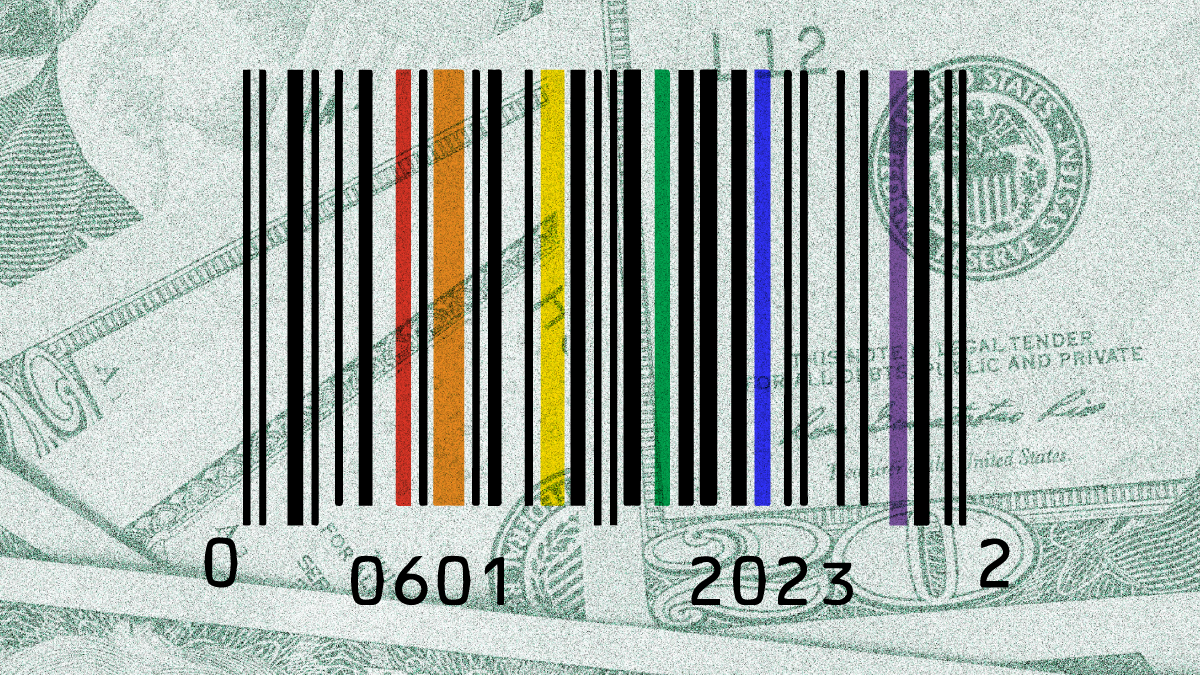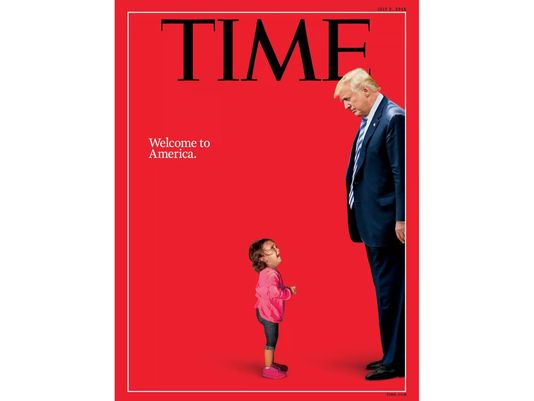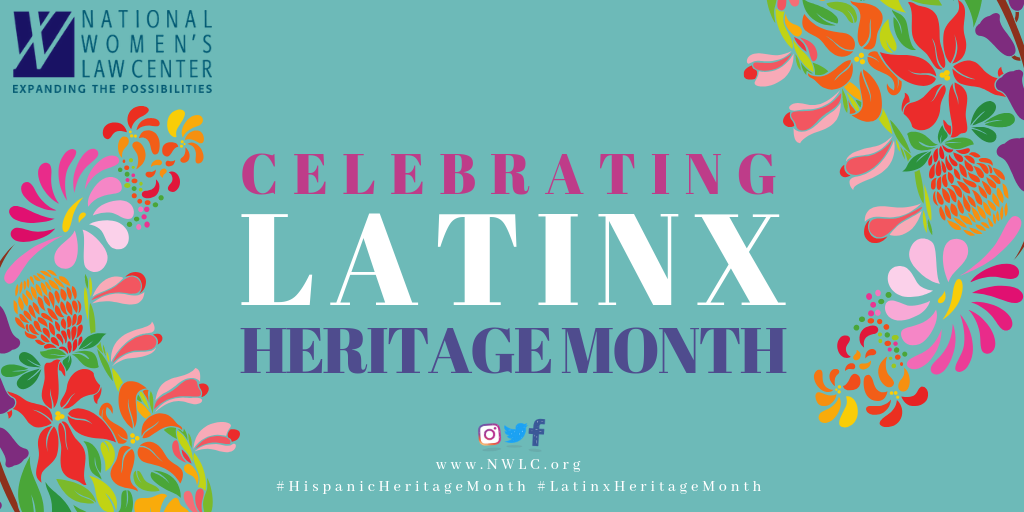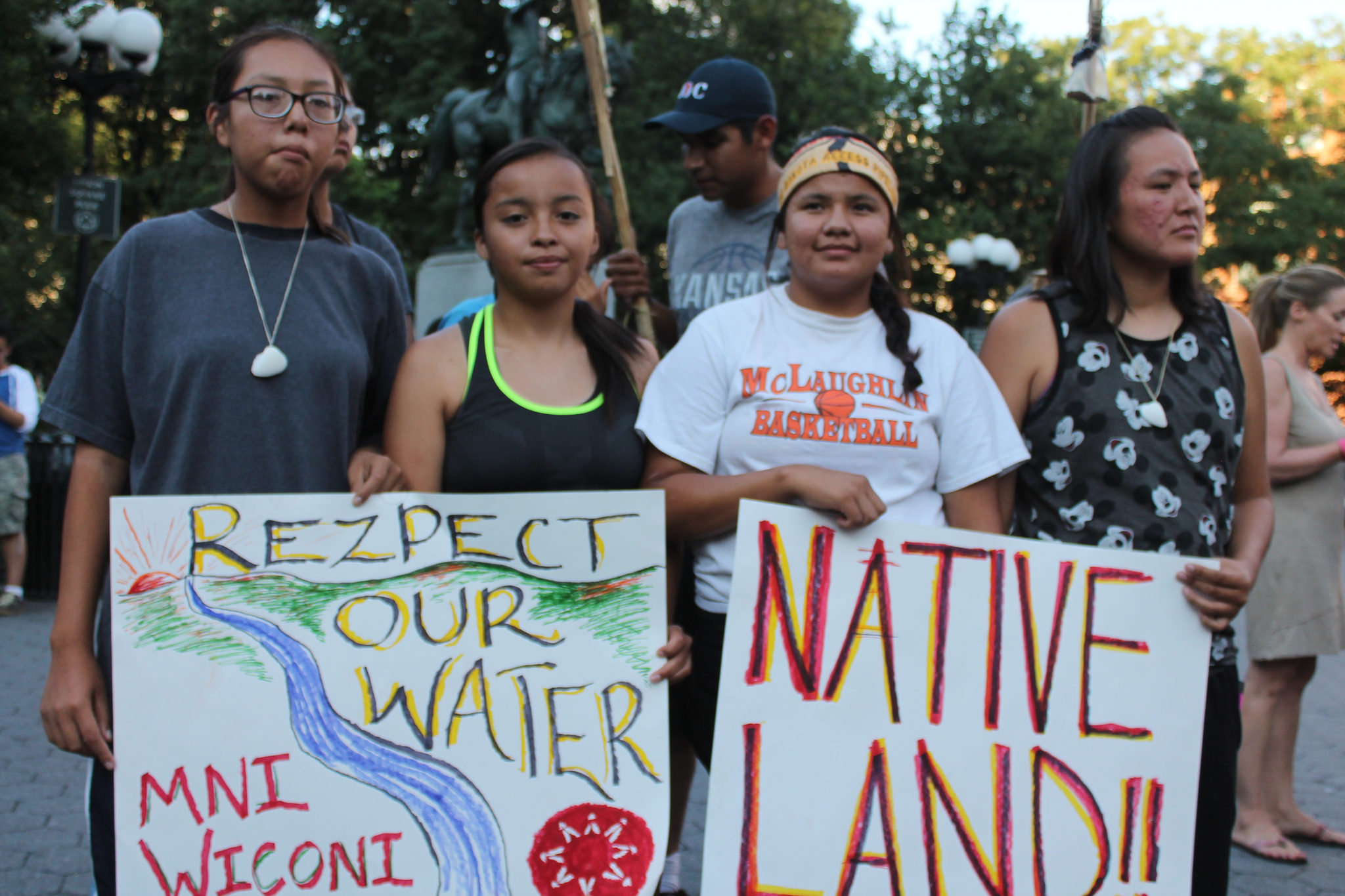Abortion rights, women of color, and LGBTQIA+ people are under attack. Pledge to join us in fighting for gender justice.
The Real Costs of Rainbow Capitalism

“If you have come to help me, you are wasting your time. If you have come because your liberation is bound up with mine, then let us work together.” —Aboriginal activist group, Queensland; delivered by Lilla Watson, Indigenous Murri elder
This Pride Month is feeling a little less celebratory. It’s been a long year: from the rising legislative attacks on LGBTQI+ people’s rights to exist, to hate groups threatening to ramp up violence during Pride Month, it almost feels difficult to muster the emotional energy to celebrate Pride.
This burnout makes it even more disappointing to see displays of “allyship” falter the moment right-wing violence rears its ugly head. Case in point: Target has caved to anti-LGBTQI+ backlash by axing some of its Pride apparel. They’re literally putting Pride on the back shelf.
Some background in case you missed it: when Target released its annual Pride collection in May, it received significant backlash, with shoppers entering stores to deface Pride displays and threaten employees. As NWLC has recently highlighted, Target has the resources to meaningfully support its affected workers without rewarding violence and bigotry. And it bears noting that these hate crimes are not spontaneous. In fact, they are incited by right-wing influencers playing middlemen to far-right anti-LGBTQI+ and male supremacist hate groups spending millions to enact anti-LGBTQI+ laws: for example, in April 2023, far-right influencer Matt Walsh outlined the strategy from the anti-LGBTQI+ extremist playbook: “Pick a victim, gang up on it, and make an example of it. We can’t boycott every woke company… but we can pick one, it hardly matters which, and target it… Claim one scalp and move onto the next.” In capitulating, Target moved its Pride collection to the back of several stores and announced that it plans to remove “items…at the center of the most significant confrontational behavior.” (Target’s euphemistic language likely refers to “tuck-friendly” clothing, designed to help predominantly transfeminine people reduce gender dysphoria linked to having genitals visible through clothing. This is a wrenching example of transmisogyny—which is discrimination unique to trans women based on overlapping sexism and transphobia—in addition to harming all women and girls by perpetuating the sexist message that they should be ashamed of their bodies.)
By folding to these threats, Target has revealed itself as the most harmful kind of performative ally: a fair-weather “friend” retreating instantly when faced with an ounce of the very real pressure LGBTQI+ people face their entire lives. This response is so offensive because Target is a multibillion-dollar corporate giant with more than enough resources to fend off violent threats. As critiques of rainbow capitalism have correctly pointed out, corporations like Target don’t deserve to profit from us in June if they can’t support our community year-round.
Target’s response perfectly encapsulates how rainbow capitalism distracts from the true meaning of Pride. Rainbow capitalism is fundamentally performative: each summer, corporations paint themselves with a rainbow brush, but when June turns to July and the anti-LGBTQI+ bills continue to pile up, the concrete calls for action accompanying taglines like “Love is Love” fade into the background until next June. While Pride is rooted in revolution and resistance, rainbow capitalism packages our identities to turn a profit, flattening both the trauma and violence LGBTQI+ people—especially LGBTQI+ people of color—weather every single day. Rainbow capitalism also undermines the true intersectionality of the LGBTQI+ rights movement and the bravery demonstrated by the trans women of color who risked their lives and safety in inventing Pride.
The conditional allyship rainbow capitalism represents isn’t just exploitative: it’s dangerous. Target’s decision to placate violent extremists (many led by self-described fascists)—in a moment where anti-LGBTQI+ rhetoric and legislation have, predictably, amplified violent attacks such as bomb threats against schools, over 160 attacks on drag shows, and mass shootings—will only embolden further violence. Target should know better than to negotiate with terrorists. It is impossible to placate anti-LGBTQI+ extremists because their goal is “eradication” of all trans and queer people. Outright violence exists on the same spectrum as the 500+ state and federal proposals seeking to censor and criminalize queer and trans people—especially trans and intersex women, nonbinary people, and Black and brown LGBTQI+ people. Placating anti-LGBTQI+ extremists only legitimizes continued violence.
In this moment, our community needs deeper forms of solidarity than any corporate entity can buy, honoring the original spirit of Pride as embodied in the sacrifices of trailblazers like Marsha P. Johnson and Sylvia Rivera, the trans women of color who risked their lives to chart a path to liberation for the most marginalized members of our community. Those of us in the community can continue the work of creating and supporting mutual aid networks, hosting events to build connections and share joy, and cultivating spaces where we feel safe and celebrated in our queerness.
If you are straight and cisgender, this is the moment to take actions that will last longer than a single tagline, party, or parade. Educate yourself about queer and trans history before Stonewall. Convince your dad to enroll in the PFLAG Academy so he won’t make things awkward with your cousin who just came out at the next family BBQ. Set up a recurring monthly donation to your local LGBTQI+ center and a crisis support organization like Trans Lifeline or the Trevor Project. Take a free bystander intervention training to be prepared if you witness bigotry in action. This Pride Month, do your part to lend LGBTQI+ people the support we need to thrive in resistance to oppression and, ultimately, organize toward collective liberation.




